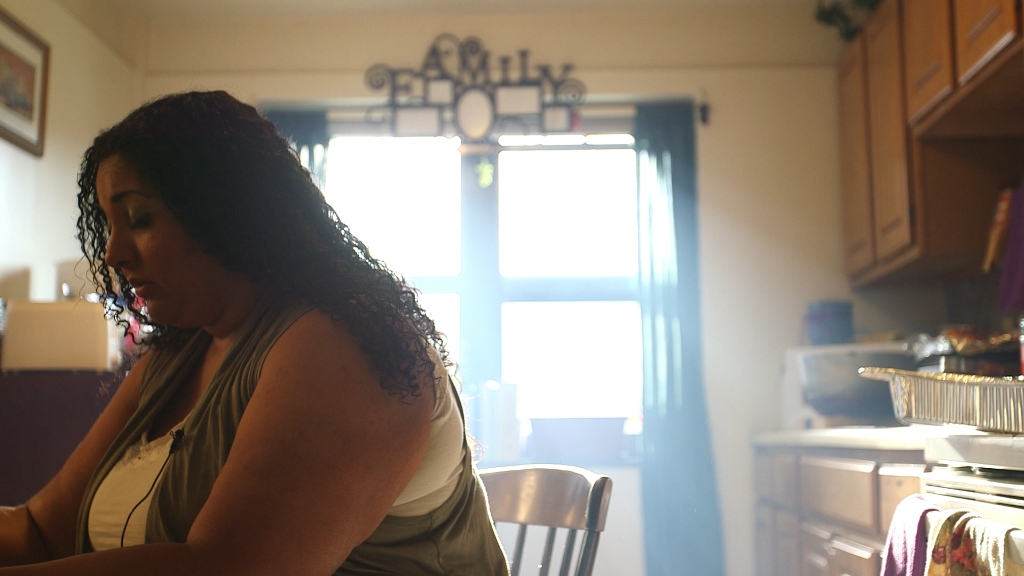
In some parts of the world, a single plate of food can eat up more than an entire day's earnings.
That's according to a new joint study by the United Nations' World Food Programme and credit card company Mastercard, which lays bare the real cost of feeding yourself around the world. In some countries, buying a meal can cost the local equivalent of hundreds of U.S. dollars, the research says.
In the state of New York, for example, a simple serving of food like rice over beans costs $1.20 -- an estimated 0.6% of the average daily income there. Compare that with the situation in South Sudan, where the same dish would set someone back 1½ days of income.
That's the equivalent of a New Yorker having to shell out $322. For rice and beans.
Related: Taiwan shop serves world's most expensive beef noodle soup
Here are the world's five most expensive places to buy a meal, based on people's average daily incomes, according to the study:
1. South Sudan: $321.70, relative to New York purchasing power (155% of South Sudan's average daily income)
2. Nigeria: $200.32, in New York terms (121% of Nigeria's average daily income)
3. Deir Ezzor, Syria: $190.11, in New York terms (115% of Syria's average daily income)
4. Malawi: $94.43, in New York terms (45% of Malawi's average daily income)
5. Democratic Republic of Congo: $82.10, in New York terms (40% of the Congo's average daily income)
Researchers said they wanted to "highlight some of the real reasons countries often end up in a vicious cycle of poverty, such as conflict and insecurity."
As of March, more than 20 million people across four war-ravaged regions -- South Sudan, Yemen, Somalia and northeast Nigeria -- faced starvation and famine, according to the U.N.
Related: 20 million at risk of starvation, U.N. says
The new food study is "a stark reminder of how conflict can create cruel inequalities in terms of access to food," said World Food Programme executive director David Beasley.
